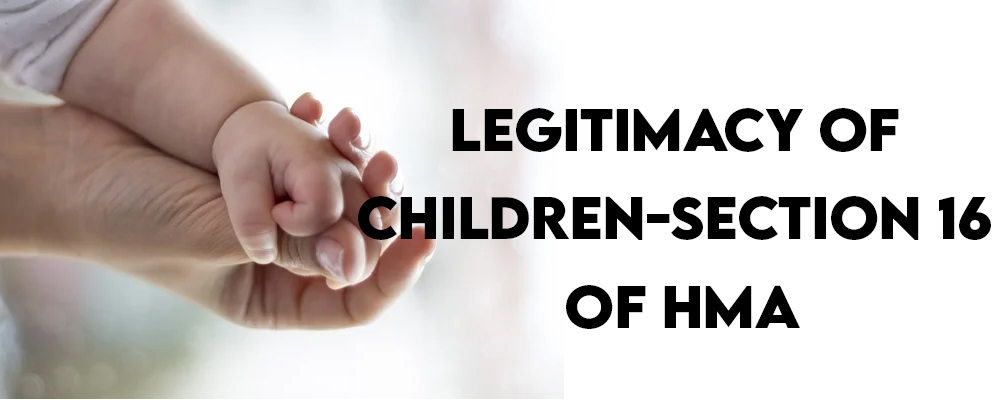The Hindu Marriage Act, 1955 has provided a distinction between video and voidable marriages. Section 16 of the Act provides for the legitimacy and the rights on the property of children born out of a void or voidable marriages.
Valid Marriage-
According to the Hindu law, a valid marriage is one which fulfills the conditions mentioned under the Section 5 and 7 of the Hindu Marriage Act, 1955. If the conditions provided under the Section 5 are not met, the marriage would be either void or voidable as provided under Section 11 and 12 respectively.
Void Marriages [Section 11 of the HMA]
These are marriages which are unlawful or invalid since their very inception.
Since a void marriage is not a marriage, no decree of nullity is required.
Only one of the parties to the marriage can file for the decree of nullity.
Grounds for a marriage to be declared as void under Section 11 are-
Need A Legal Advice
The internet is not a lawyer and neither are you. Talk to a real lawyer about your legal issue

- The marriage shall be void if either of the parties has a spouse living at the time of marriage.
- Unless allowed by their customs, the parties are with the degrees of prohibited relationship.
- If the parties are sapindas(i.e. when they share the same ancestor) of each other their marriage shall be void, since its very inception, unless sapinda marriage has been allowed in their custom.
Voidable Marriages-
Unlike the void marriages, it is necessary to have a judicial declaration for a voidable marriage. The grounds as are provided under Section 12 of the Hindu Marriage Act, for a marriage to be a voidable marriage are-
- Impotence- it could be physical or mental impotence. Thus, on the part of respondent if there is persistent and invincible repugnancy for the consummation of marriage, it would be called impotency.
- Mental capacity of the parties- if the respondent is suffering from a mental illness.
- If the consent was obtained by fraud or force
- If the respondent was pregnant at the time of marriage by some other person and the petitioner was not aware of it.
Children of void and voidable marriages-
Before the amendment-
At the time of the enactment of the Hindu Marriage Act, 1955, the position of the legitimacy of the children of a voidable marriage was provided under the Matrimonial Causes Act, 1950, under which the children born out of an annulled voidable marriage were conferred as legitimate including the children born out of a void marriage.
After the Amendment of Marriage Laws (Amendment ) Act, 1976-
As per the language of the Act mentioned above, the legitimate status was provided to children of declared void marriages only.
After the amendment of 1976, the Section 16 of the Hindu Marriage Act, 1955 provides that, the children of the annulled voidable marriages and children of the void marriages, i.e. whether declared void or not, are legitimate children.
Thus Section 16 of the Act, confers the legitimate status to the children born out of void and voidable marriages. Prior to the amendment of 1976, the children of void marriages were legitimate only if the decree of nullity was granted under the Section 11 of the Act.
At present, as provided under the Section 16 of the Act of 1955, the position of the children born out of a void or voidable marriage is-
- Children from an annulled marriage shall be legitimate in the same way as children of a valid marriage are.
- Children from a voidable marriage (declared so or not) and annulled voidable marriage would be legitimate, however such children will inherit the property of their parents only.
- If the marriage is void or voidable under any ground other than the one provided by section 11 and 12 of the Act, the children born out of such marriage shall be illegitimate. For example, if the marriage ceremonies were not done in accordance to the provisions allowed by the law and hence making the marriage as void, the children born out of such marriage shall be illegitimate.
As held in the case of Sujata v Jigar (1992, AP), such children can inherit the separate property of their father as provided under Section 8 of the Hindu Succession Act, 1956, however they could not lay claim on the coparceny interest of the father. Thus the child born out of such marriage has no right over the Joint Hindu family property.
Lead India offers you a team of experienced lawyers who have been successfully handling cases related to family laws, including issues such as inheritance, partition, divorce, child custody, etc. for legal guidance and assistance you can contact us.





 Talk to a Lawyer
Talk to a Lawyer